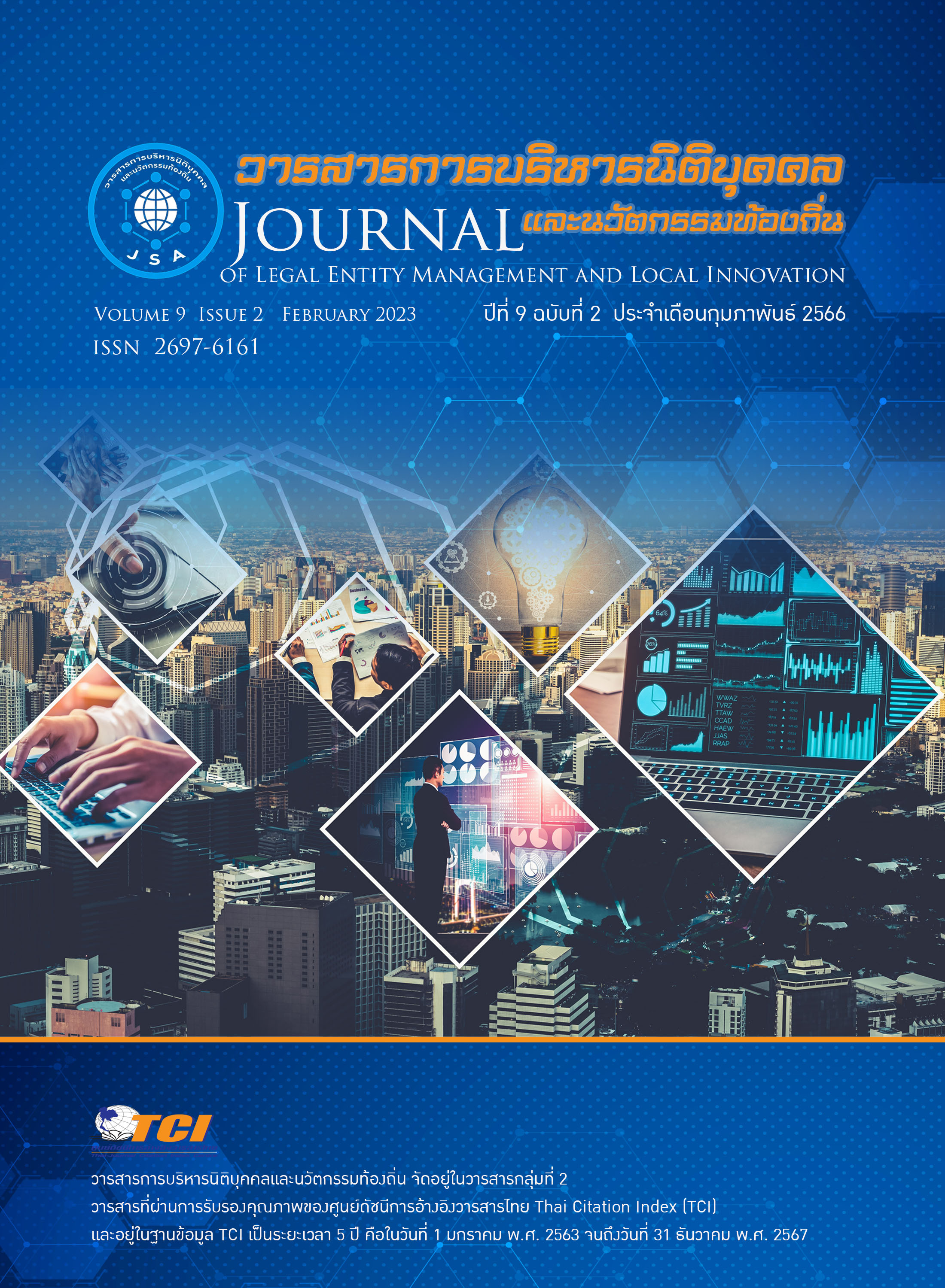The Development of Instructional Model to Promote Mathematical Problem Solving Ability, Learning Achievement and Social Skills in the Course 4041401 Calculus I for Undergraduate Students
Keywords:
Instructional Model, Mathematical Problem Solving Ability, Learning AchievementAbstract
The purposes of this research were 1) to develop an instructional model to promote mathematical problem solving ability, learning achievement and social skill in course 4041401 Calculus I for undergraduate students and 2) to study implementation effects of instructional model. The target group was 30 undergraduate students registered for course 4041401 Calculus I in the first semester of the academic year 2021. The instruments in the research consisted of focus group forms, lesson plans on Calculus I, basic mathematics knowledge on Calculus I test, achievement tests, mathematics problem solving test, group behavior evaluation forms and questionnaire of the student’s opinions. Data were analyzed by using frequency, mean, percentage, standard deviation and content analysis. The results of this research were as follows: 1. The developed instructional model for 4041401 Calculus I consisted of principles, objectives, contents, instructional process, measuring and evaluating learning outcomes. The instructional process included 6 steps: 1) prepare for the lesson 2) gain attention 3) explore and pursuit 4) conclude the knowledge and expand the idea 5) apply knowledge and 6) measure and evaluate and 2. The results of implementing the instructional model showed that 1) the mathematical problem solving ability of students passed 60 percentage of the test score and not less than 60 percentage of all students 2) the learning achievement of students passed 60 percentage of the test score and not less than 60 percentage of all students 3) their social skills were at medium level and 4) their opinions that agreed with the instructional model was agree level.


